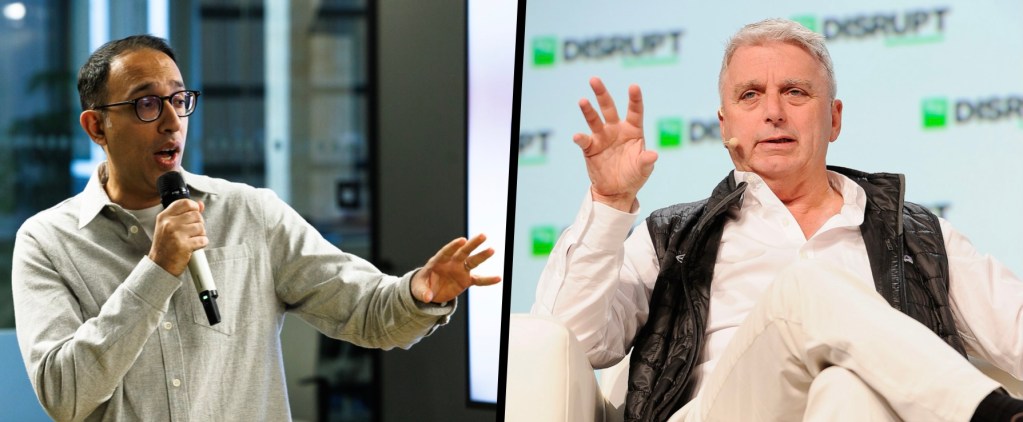Unity's Runtime Fee: A Broken Trust and the Future of PC Indie Games – A Developer's Perspective I was at DevGAMM just last month, sporting my usual baseball cap, and radiating a genuine sense of optimism.
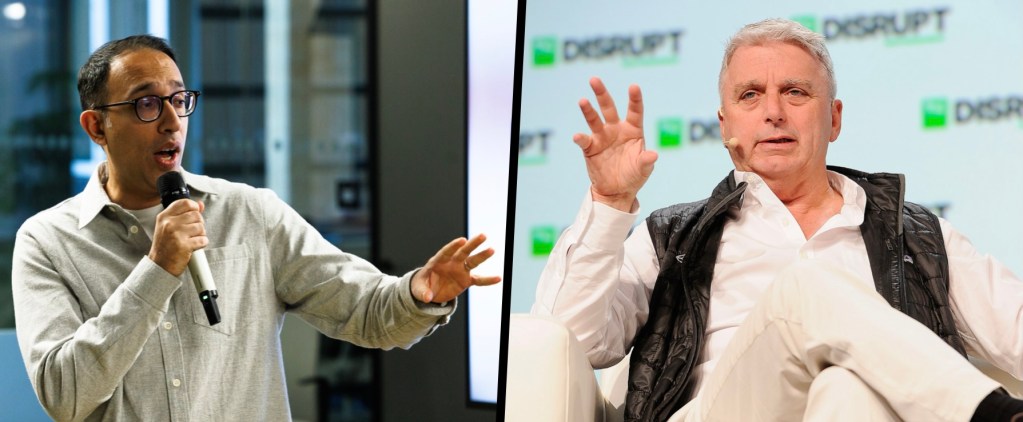
I was at DevGAMM just last month, sporting my usual baseball cap, and radiating a genuine sense of optimism. I was talking to a room full of aspiring game developers about the incredible accessibility of modern tools, the vibrant indie community, and how it's never been a better time to make games. Then, the news about Unity's Runtime Fee hit. I went from thinking "this is the best time ever to be an indie" to "how many studios are going to close their doors because of this?" in about five minutes. The initial confusion quickly turned into outrage across the indie game development community, and it’s a feeling that still resonates, especially when considering the impact on developers specifically targeting the PC platform. The Unity runtime fee indie developers PC situation demands a closer look, and some serious questions about the future of our industry.
Understanding the Damage: How Unity's Runtime Fee Impacts Your Game's Budget
The core of the issue is the Unity Runtime Fee policy. Beginning January 1, 2024, every time a game built with Unity is downloaded, the developer will be charged a fee. The exact fee varies based on the Unity plan the developer uses and the number of installs, but it applies after the game passes a certain revenue threshold and install count. To be precise, for a Unity Personal user, they'd be hit with a $0.20 fee for every install after they've earned $200,000 in the past 12 months and the game hits 200,000 installs. It doesn’t take much imagination to understand how this disproportionately impacts indie developers.
Consider the potential ramifications for those relying on free-to-play models, who depend on large download volumes to generate revenue through microtransactions or advertising. What about early access games, where the iterative development process involves numerous downloads as developers push out updates and gather feedback? And then there are game jam projects, experimental titles often distributed for free, which suddenly carry a potential financial burden. These scenarios underline the Unity runtime fee impact indie game budget.
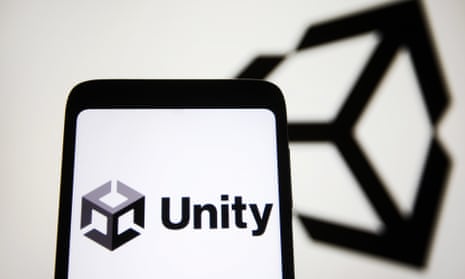
The Indie PC Game Impact: Three Case Studies
Let's drill down on the specific ramifications for indie developers targeting the PC platform, the heart of independent game development. The examples of games like Hollow Knight, Among Us, and Cuphead showcase just how devastating this new policy could be for future projects.
Imagine Team Cherry, early in Hollow Knight's development, struggling to find an audience. Under this new system, every free demo download, every initial share on Steam, could have cost them precious funds before the game gained traction. The runaway success of Among Us – think about the initial low price point and the massive download numbers - would have been a liability under this policy. Studio MDHR's Cuphead, while a massive success, had a long development cycle; early prototypes and iterations would rack up install fees even before the game was generating significant revenue. These are games that defined the indie scene, and the Unity fee alternatives PC indie are now more important than ever to consider.
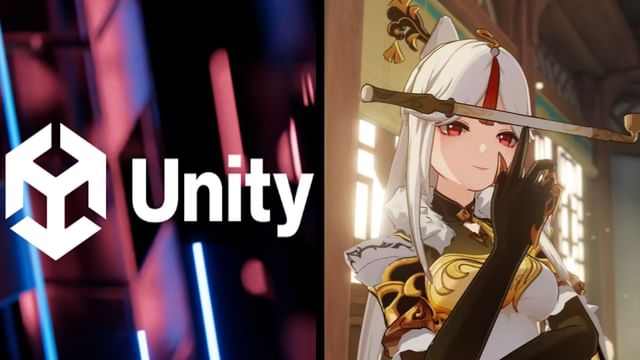
Rami's Perspective: The Broken Trust
Unity sold itself as the engine for indie developers, the democratizer of game creation. This fee structure feels like a betrayal. It's as if the playground bully decided to start charging kids to use the swings after they've already built the sandbox. This isn’t just about money; it's about trust.
This policy is going to drive developers to other engines like Godot or GameMaker, or worse, discourage new developers from even entering the PC game market. The vibrant community support that exists for these alternative engines is a testament to the resilience and resourcefulness of indie developers. Is this the legacy Unity wants to leave? Will this Unity broken trust indie games sentiment forever change the landscape?

A Call to Action: Can Unionization Save Indie Game Devs from Unity's Fees?
We need a collective bargaining voice. Independent developers, especially, need a seat at the table when these decisions are made. We need to look at solutions like the formation of a game developer union.
Look at the Writers Guild of America or SAG-AFTRA; these are examples of successful unions in other industries that have fought for fair labor practices and negotiated better terms for their members. A developer union could negotiate better terms with engine developers, advocate for fair labor practices, and ensure a sustainable game development Unity fees structure doesn't cripple the entire ecosystem. This is a radical solution, but the situation warrants radical thinking. The concept of indie game developer unionization Unity needs to be considered.
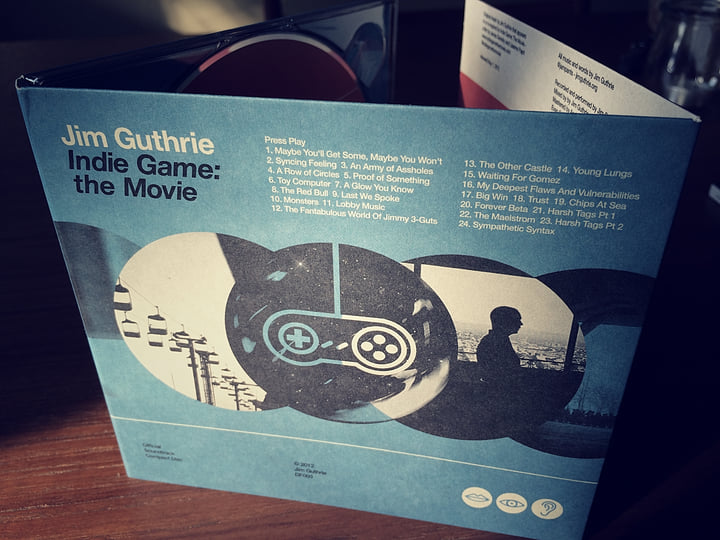
Ethical Considerations and a Path Forward
Engine developers like Unity have an ethical obligation to support the indie game development community. Should they be prioritizing short-term profits over long-term sustainability? What other revenue models could Unity explore to support its operations without punishing indie creators?
Perhaps a tiered subscription model based on team size or project budget, or a revenue-sharing agreement that's genuinely fair to both parties. The current model feels punitive, especially towards those who are just starting out. It's crucial to prioritize ethical game development rather than simply focusing on revenue.

Godot vs. Unity: Which Engine is Right for Your PC Indie Game?
As developers re-evaluate their choices, many are asking "What are the best Unity alternatives for PC indie games?" Godot Engine vs Unity indie PC is the question on many minds. Godot is a powerful, open-source engine gaining immense traction, particularly with developers concerned about licensing costs. Here's a quick comparison:
| Feature | Unity | Godot |
|---|---|---|
| Licensing | Proprietary, variable fees | MIT License (Free) |
| Programming | C#, Visual Scripting | GDScript (Python-like), C++ |
| Asset Store | Large, commercial | Growing, community-driven |
| 3D Support | Strong | Improving rapidly |
| 2D Support | Good | Excellent |
| Community | Large, established | Growing, very supportive |
Switching engines is a significant undertaking, but for many, the peace of mind and financial predictability of Godot may outweigh the learning curve. Numerous tutorials exist to help with how to switch from Unity to Godot game engine.
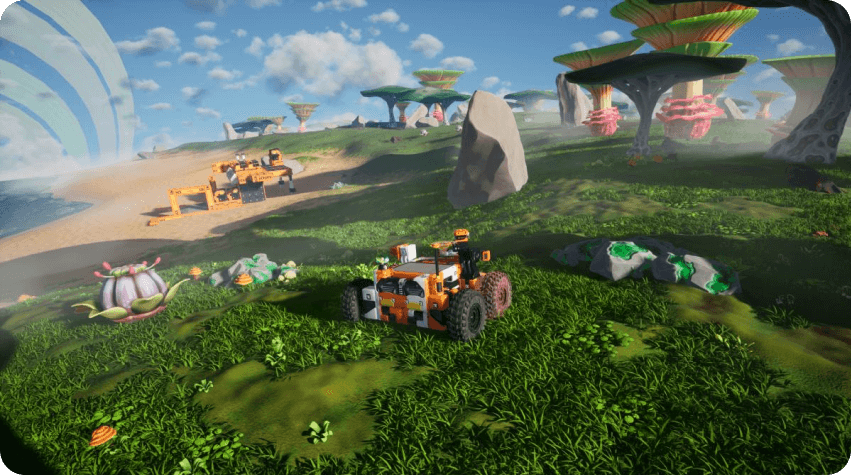
The indie game community is strong. We will find a way through this, but we need your support. Invest in the games you love, purchase them directly from platforms like itch.io and GOG, and contribute to their crowdfunding campaigns. Let Unity know that this isn't the way. The future of indie games, and the passion that drives them, depends on it.
